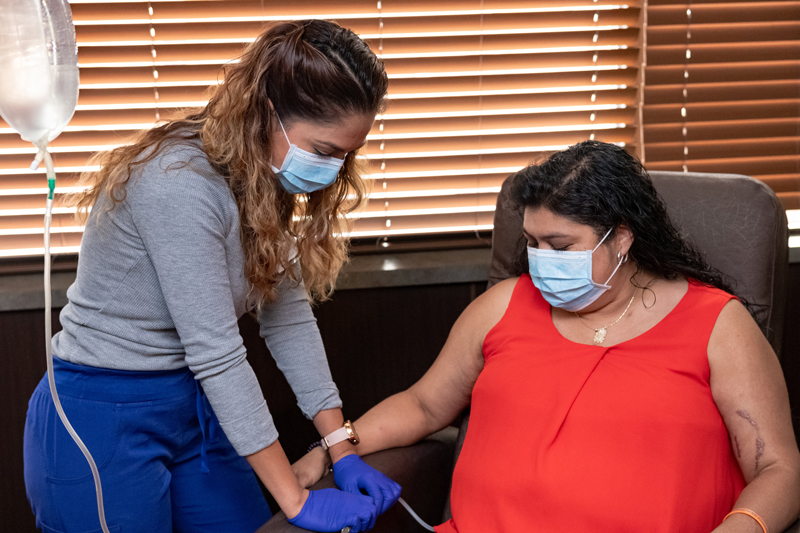The goal of treating type 1 diabetes would be to get control over glucose levels and also have them stay low. Using insulin is vital in treating the disorder. But, other medicines are also required occasionally. There are instances when medical professionals advise diabetics to proceed in a workout plan along with a specific diet to help them in their diabetes treatment. You can get the best chronic kidney disease management for your best recovery and treatment.
Together with the cells that make the insulin, murdered by the immune system, there's no more generation of insulin from the body of an individual suffering from type 1 diabetes. Without a sufficient quantity, insulin can't perform both purposes that are the regulating of fat metabolism and the body's carbs. This leads to the energy in the calories in absorbed foods not reaching the cells. Obviously, because the entire body of type 1 diabetes sufferers can't create the hormone, insulin, it needs to be a crucial part of the treatment.

Intermediate, long-acting, and rapid-acting insulin is a variety of kinds of insulin used in treating type 1 diabetes. On occasion, a physician may suggest combining them at the treatment. You might decide to send the insulin in your body by injection or using a pump.
A pump to your insulin is a gadget that's worn externally and's attached to a very small tube inserted under the skin. Using the pump in place, the diabetic apps automatically ship out the required quantity of insulin to the number of carbs consumed. Insulin pens, syringes, and needles are wanted for injections.
Medicines for blood pressure too take care of the health of the kidneys; also this can be helpful to diabetics since the kidneys will need to add extra effort to eliminate the excess blood sugar. Medicines such as the lowering of cholesterol levels are only as beneficial to diabetics because their odds of getting heart disease tend to be greater.